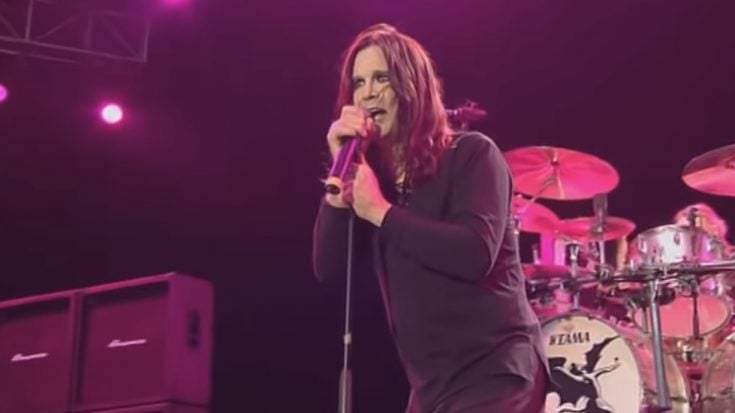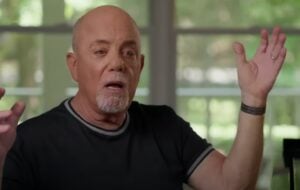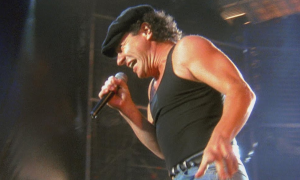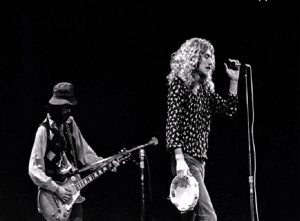The Reason Black Sabbath Fired Ozzy Osbourne In The 70s

Black Sabbath live in 2005 - Black Sabbath / Youtube
What led to Black Sabbath’s decision to part ways with Ozzy Osbourne in 1979? This wasn’t the first instance of separation between the renowned singer and the groundbreaking metal band.
In 1977, Osbourne had a sudden departure from the band, only to reconsider and make a comeback the following year. By this time, the band had already spent a decade shaping the metal genre and establishing themselves as pioneers in the field.
So, what were the circumstances that ultimately led to the end of the collaboration between Ozzy and Sabbath?
The unraveling of Black Sabbath
According to author Jon Wiederhorn, Black Sabbath found themselves in a state of decline during the tour for their last 1970s album featuring Ozzy, Never Say Die!, released in 1978. Apart from grappling with constant drug use, the band was not particularly proud of the album.
In April 1979, Sabbath made the difficult decision to fire Osbourne, citing his unreliable and erratic behavior fueled by excessive substance abuse. Tony Iommi, the band’s guitarist, reflected on this period, acknowledging that Sabbath was “falling apart”.
“I think the major problem started from drugs,” Iommi recalled in a 2019 interview. However, ironically, Osbourne wasn’t the sole member of Sabbath engaging in substance use, as the singer later countered.
Ozzy-less Black Sabbath
In the same interview, Iommi explained, “I can say Ozzy was the first one to have to go, but it was hard.” The band reached a critical juncture, prompting them to take action.
“Everything was coming to a head, and we had to say, ‘Well, what are we gonna do? We’re either gonna call it a day or break up, or we’ve gotta try and find another singer,'” Iommi went on.
During Ozzy’s time off from 1977 to 1978, Dave Walker briefly stepped in, but in 1979, the late Ronnie James Dio assumed the frontman’s role. Dio not only recorded the subsequent two Sabbath albums but also made a return to the band in the ’90s.
Reflecting on the transition, Iommi recalled, “When we replaced Ozzy with Dio, it really did start us off again. … He would sing to the riffs we’d got. … It’s a bit disappointing when you come up with all these riffs and nothing is done.”
https://twitter.com/historyrock_/status/1653778955042795520
Ozzy’s still salty about 1979
Ultimately, Osbourne and Black Sabbath found their way back to each other in the 2010s, culminating in a meaningful reunion that included a proper farewell.
This reunion marked a significant chapter for the band, allowing them to reflect on their shared history and contribute to the legacy they had built over the years. Their collaboration resulted in the release of Sabbath’s final album, 13, in 2013, serving as both a commemoration and a conclusion to their influential journey.
However, the reverberations of the 1979 incident lingered in Osbourne’s sentiments. In his 2009 autobiography, I Am Ozzy, the singer candidly expressed a sense of betrayal regarding the events with Black Sabbath. The band, comprised of individuals who had grown up in close proximity, had formed a familial bond akin to brothers.
Ozzy felt that being dismissed for his struggles with substance use was hypocritical, given that the entire group was facing similar challenges. In his words, “We were all f***ed up. If you’re stoned and I’m stoned and you’re telling me that I’m fired because I’m stoned how can that be? Because I’m slightly more stoned than you are?”











